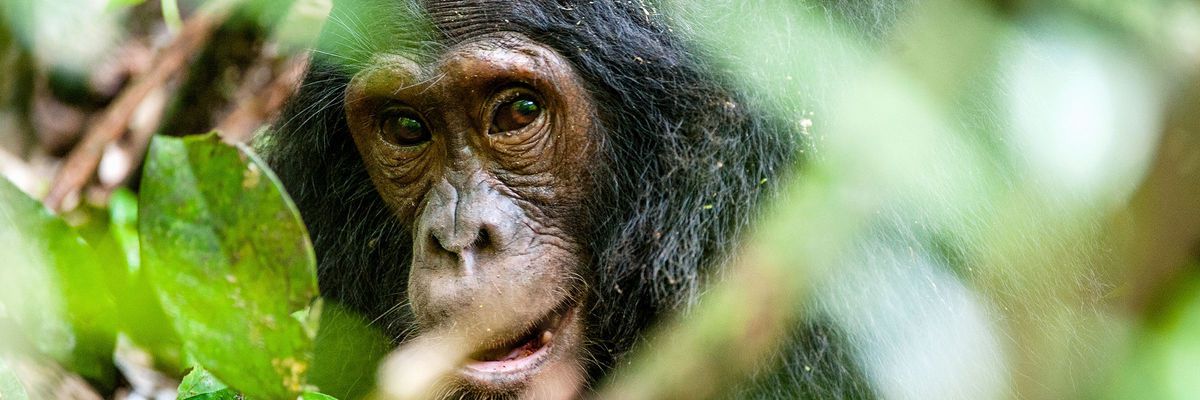Introduction
Uganda is one of Africa's modern success stories. It's rebounded remarkably well since the dark days of Idi Amin's dictatorship in the 1970s and is now a relatively stable and prosperous nation. Ecotourism has played a significant part in this economic turnaround, and taking a safari in one of the East African country's 11 national parks is highly recommended.
Safaris form the basis for most Uganda holidays. Plentiful plant and animal species can be seen in game reserves and national parks, without the tourist crowds found in other parts of Africa. Bwindi Impenetrable Forest, for instance, is one of the world's best places to see endangered mountain gorillas, but the size of trekking groups to see these noble primates is strictly managed. The result is an intimate and magical travel experience.
Uganda is a compact country, roughly the same size as the United Kingdom. Yet it has tremendous biodiversity. As well as Bwindi's gorillas and the chimpanzees of Kibale National Park, landlocked Uganda has more than a thousand bird species. This amounts to roughly two-thirds of Africa's birds. Crested cranes, turacos, hoopoes and hornbills are among the species that live among Uganda's lakes, rolling hills and verdant forests. Elephants, giraffes, hippos and Nile crocodiles are other animals to look out for during a safari holiday.
Visiting the source of the Nile at Jinja, close to Lake Victoria, is another Uganda travel highlight. It can be combined with a white-water rafting trip, taking in the view of the powerful Murchison Falls on the way. The snow-capped Rwenzori Mountains are another striking geographical feature of a country once described by Winston Churchill as the "pearl of Africa".

















